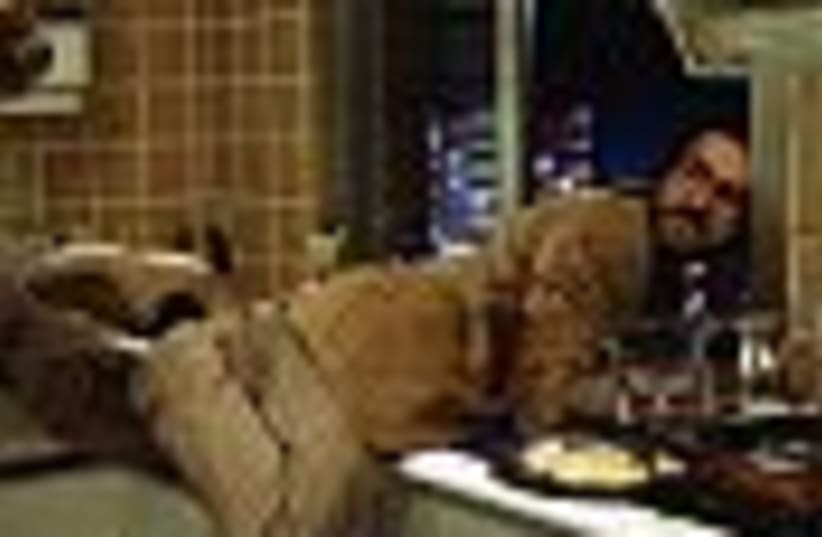| More about: | Amos Gitai, Khaled Mashal, The New York Times, The Village Voice |
Cine File
ONLY HUMAN: Comedy about a classic Argentine Jewish family, but set in Spain.


| More about: | Amos Gitai, Khaled Mashal, The New York Times, The Village Voice |